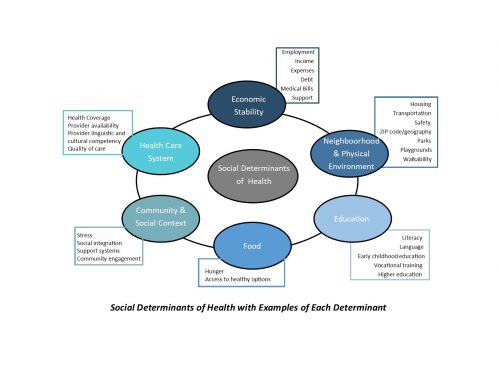I am not referring to discussing sensitive topics such as the upcoming inauguration or religion. Rather, I am referring to obtaining an honest and accurate drug and alcohol usage history from the injured worker, or your patient. When I was in nursing school we were taught when asking how many alcoholic drinks/day the patient drank you should double what the men say and triple what the women say as to their total drinks/day.
What keeps us as claims and healthcare professionals from discussing these sensitive topics with our injured workers? Recently I have read articles discussing the lack of or minimal training medical students obtain in regards to prescribing and managing controlled prescription drugs.
The ACA of 2010 charged the Department of HHS to enlist the Institute of Medicine in examining pain as a public health problem. In 2011 the Institute of Medicine (IOM) offered a blueprint for action in transforming prevention, care, education and research with the goal of providing relief for people with pain in America. They recommended:
“The Secretary of the Department of Health and Human Services should develop a comprehensive, population health-level strategy for pain prevention, treatment, management, education, reimbursement, and research that includes specific goals, actions, time frames, and resources.”
A draft National Pain Strategy was formulated and sent out for comment. Here is a link to the National Pain Strategy: website: https://iprcc.nih.gov/National_Pain_Strategy/NPS_Main.htm Recommendations endorsed by the National Pain Strategy:
- Population-based, biopsychosocial approach to pain care that is grounded in scientific evidence, integrated, multimodal, and interdisciplinary, while at the patient level is tailored to individual needs
- Educational program accreditation bodies and professional licensure boards can require pain teaching and clinician learning at the undergraduate and graduate levels
- Development of a web-based pain education portal that would contain up-to-date, comprehensive, and easily accessed educational materials
- National public awareness campaign involving public and private partners, including chronic pain patients to address stigma and misperceptions about chronic pain and a safe use education program targeting patients on prescription medications
The National Institute on Drug Abuse developed an educational curriculum for medical students addressing how to discuss these sensitive topics. In my next post I will begin to summarize based on this curriculum a method to discuss these types of sensitive topics.



